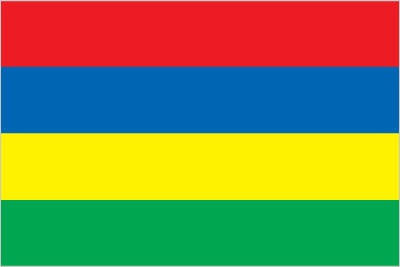Mauritius completed its TNA in 2013. The TNA led to the prioritization of energy-efficient boilers as a technology to mitigate emissions effectively, as they have an annual CO2 emissions reduction potential calculated at 72.4 ktCO2.
Implementation of the technology is being eased by financial incentives to alleviate the high initial costs. A full implementation plan has been integrated into the Government of Mauritius’s Energy Strategy for 2009-2025.
After gaining independence in 1968 the island has experienced steady economic development and has shifted from an agrarian to a service economy, with important sectors being tourism, financial services and telecommunications. Due to this economic development, the demand for water is increasing across all sectors, a pressing issue, as Mauritius is scarce of fresh water, and climate change is expected to reduce freshwater resources by 13% by 2050, stressing the need for water conservation technologies.
Changes in climate are also harmful to both the agriculture sector, which over the last ten years has severely declined, and the coastal zone, which is an essential attraction for tourists, as well as an area where infrastructure and agriculture are located. The TNA has highlighted technologies to strengthen Mauritius’s climate resilience, such as micro-irrigation, leading to projects, among others, for the establishment of rooftop rainwater harvesting that looks to benefit 25,000 houses per year over a ten-year period.
Based on the result of the TNA, the Green Climate Fund supported the development of a readiness proposal. Its aim was to enable Mauritius to become an exemplar pathfinder for low-carbon development among Small Island Developing States.
Mauritius’ TNA contributes to the following Sustainable Development Goals:






